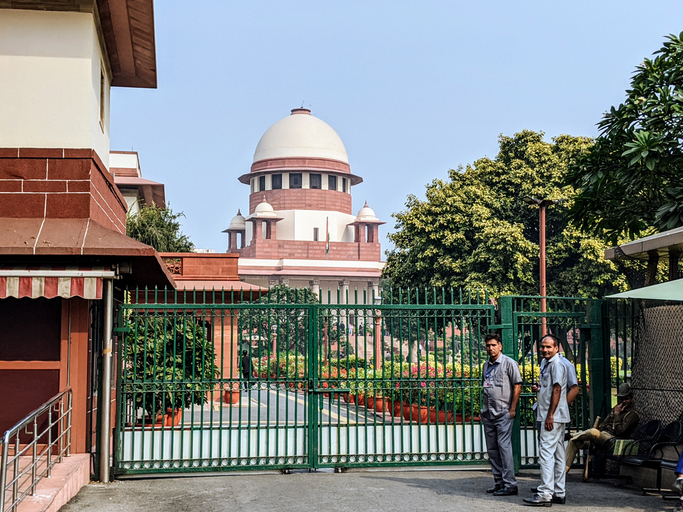
The Supreme Court has ruled that a man cannot be held accountable for abetting his wife’s suicide within seven years of marriage unless there is compelling evidence of harassment or cruelty. This decision came as the Court acquitted a man who had been charged with abetting his wife’s suicide three decades ago.
Section 113A of the Indian Evidence Act establishes the presumption of abetment by a husband and in-laws in cases where a woman’s suicide occurs within seven years of marriage and she has been subjected to cruelty.
The man in question was married in 1992. According to the prosecution, soon after marriage, the man and his parents began demanding money as he intended to start a ration shop.
Records show that on November 19, 1993, the woman committed suicide by consuming poison. The prosecution alleged that she took her own life due to constant harassment by her husband.
In 1998, the Additional Sessions Judge of Karnal found the man guilty of the offence punishable under Section 306 of the Indian Penal Code (IPC), a decision upheld by the Punjab and Haryana High Court. However, the Supreme Court emphasized that convicting a person under Section 306 (abetment of suicide) of the IPC requires clear “mens rea” (criminal intent) to commit the offence.
A bench comprising Justice J B Pardiwala and Justice Manoj Misra stated that mere harassment is insufficient to establish guilt of abetting suicide; it necessitates an active or direct act leading to the suicide. The apex court cautioned that correct legal principles must be applied to avoid convictions based on moral rather than legal grounds.
The bench stressed that proof of cruelty is essential to establish abetment of suicide under Section 113A. Mere demands for money for business purposes do not constitute cruelty or harassment. The court reiterated that conclusions of abetment cannot be drawn solely from the fact of suicide within seven years of marriage without evidence of cruelty.
The bench further emphasized that courts must carefully assess evidence to determine if cruelty was inflicted. If the victim’s sensitivity to common domestic discord does not reasonably lead to suicide, the accused cannot be found guilty of abetment.
Acknowledging the ordeal endured by the accused, the Supreme Court noted that the criminal justice system itself can be a form of punishment. The Court highlighted that while crimes should not go unpunished, guilt must be determined in accordance with the law.
The lengthy legal battle, spanning over 30 years, has finally come to an end, bringing closure to the ordeal faced by the accused, while also recognizing the tragic loss of the young woman, who left behind an infant.















